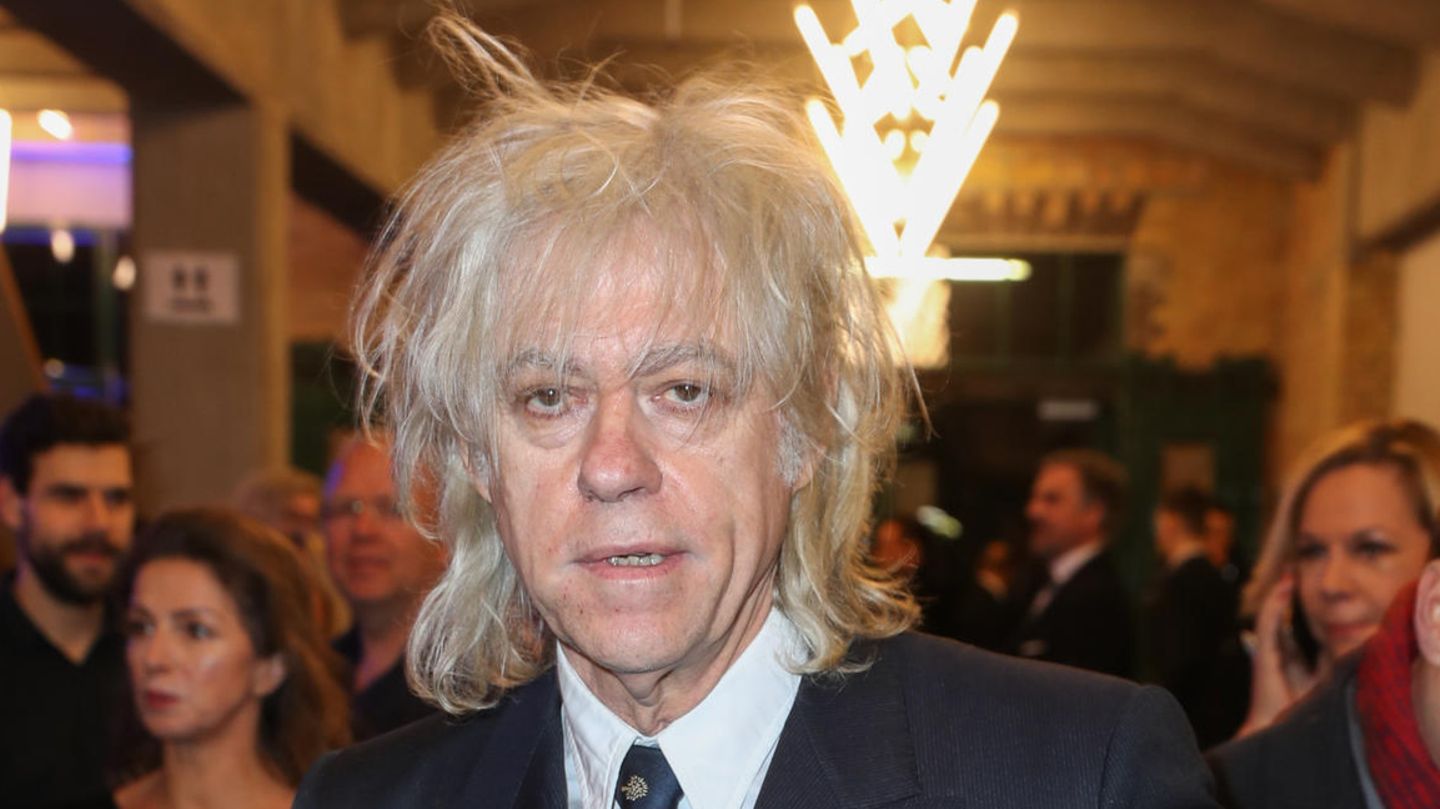
Introduction
Bob Geldof, an iconic figure in the music industry and a fervent humanitarian, is best known for his activism, particularly in addressing famine and poverty across Africa. His efforts in the 1980s to orchestrate large-scale fundraising events have left a lasting legacy in both music and philanthropy. As global challenges continue to evolve, Geldof’s relevance remains significant, inspiring new generations to engage in social change.
Musical Career
Born in 1951 in Dún Laoghaire, Ireland, Geldof first gained fame as the lead singer of the punk rock band Boomtown Rats. Their hit single, ‘I Don’t Like Mondays’ topped charts in multiple countries, showcasing Geldof’s talent as a songwriter and performer. However, it was his transition from a successful musician to a global activist that defined his career.
Activism and Live Aid
Geldof’s pivotal moment came in 1984 when he was moved by a news report on the Ethiopian famine. This led to the formation of the charity supergroup Band Aid and the subsequent release of the charity single ‘Do They Know It’s Christmas?’ The single raised millions to combat famine in Ethiopia and laid the groundwork for the historic Live Aid concerts in 1985, which brought together some of the world’s biggest music stars.
Live Aid not only raised over £150 million for famine relief but also set a benchmark for how musicians could leverage their platforms for social awareness and change. Geldof’s ability to rally support was unmatched, reinforcing the idea that music can unite efforts towards a common good.
Recent Developments
In recent years, Geldof has continued to advocate for humanitarian causes, speaking out on issues such as climate change, poverty, and global inequality. He remains a controversial figure; while some celebrate his contributions, others critique the effectiveness of celebrity-led charity efforts. Nevertheless, Geldof’s commitment to social justice remains key to his identity.
Conclusion
Bob Geldof’s influence as a musician and activist highlights the power of art in advocating for global change. As he continues to address pressing social issues, his work serves as a reminder of the ongoing responsibilities artists hold in society. With the rise of new global challenges, the future may see more artists stepping up as Geldof has, proving that music is not just a form of entertainment but a vessel for compassion and action.
You may also like

The Importance of Storytelling in Modern Society

The Evolving Career of Louis Tomlinson

Understanding the Fall Season: Change, Beauty, and Tradition
SEARCH
LAST NEWS
- Remembering Wendy Richard: The Promise to Co-Star Natalie Cassidy
- How Did Anglian Water Achieve an ‘Essentials’ Rating for Mental Health Accessibility?
- Shai Hope Leads West Indies in T20 World Cup Clash Against South Africa
- What We Know About Weston McKennie: Future at Juventus and Past at Leeds
- What We Know About the Upcoming Live Nation Antitrust Trial